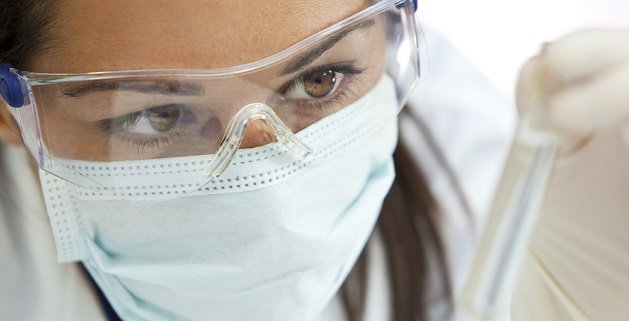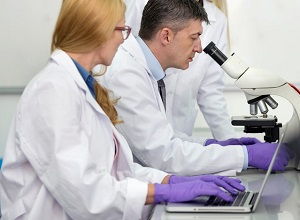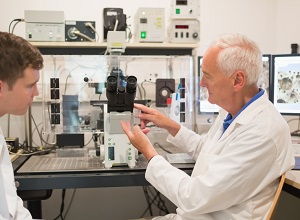Tips for laboratory success

Even if your lab is not big enough or you can not afford it, appoint a member of the team to take on the tasks usually performed by a lab manager. This individual will ensure reagents and supplies are stocked at the right levels, lab users have received appropriate training, safety procedures are being followed, and the laboratory is clean with well maintained equipment.
Have regular (e.g. weekly) lab meetings to keep all members up-to-date with overall lab progress, and changes to lab operation or lab direction etc. Discuss issues / problems and give lab members an opportunity to give input and make suggestions.
Have a regular (weekly, fortnightly & monthly) cleaning and maintenance schedule. Have a calendar for which an appointed lab member signs after inspecting that these tasks have been completed.
Using documented standard operating procedures will ensure tasks are performed the same way from individual to individual with consistent outcomes.
Regularly make back-ups of all computerised data etc.
Make sure more than one staff member is trained and experienced in each task. This is important in the event of absences etc.
If you don't have the expertise or equipment for every task, use outsourcing to get the job done.
A broad range of scientific / research laboratory services can be found HERE
Outsourcing options are also available for bioinformatics
For outsourcing of large and complex experiments see the review article: Outsourcing experiments ..... is this the future
Use automation as much as possible as it can be quicker, safer and eliminate mistakes & variation between different human operators.
Review article: Laboratory automation ... saving money & time
New instruments will last longer and include full warranties. For expensive instruments, installation along with ongoing support & training is usually included.
However, used equipment / instruments may save you some money. Search BioscienceCentral's list of used laboratory equipment & instrument suppliers.
Make sure protective wear is used at all times, chemicals are stored appropriately, all lab members have had safety training, and emergency equipment is readily available.
If you need help, consider hiring a laboratory consultant. Get assistance with regulatory compliance, training, management, instrumentation, automation, & more.














